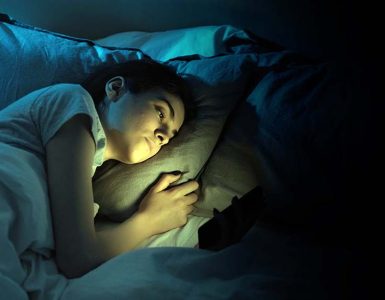Coffee is among the most popular beverage consumed throughout the world. It is prepared from roasted coffee beans, the seeds of berries from certain Coffee species. These are approximately 120 known species of coffee and the most popular one is Coffee Arabica that covers 80% of the consumption of coffee. Coffee is normally consumed to reduce fatigue while it can have adverse effects on the quality of sleep. This drink can prevent drowsiness through the action of caffeine that serves as the antagonist of adenosine receptors that stimulate sleepiness. Caffeine metabolism level varies among individuals while the half-life of caffeine is between 2.7 and 9.9 hours.
Clarka et al. (2017) informed that Coffee consumption in the evening induces high caffeine concentrations in the blood that in turn inhibits sleep. The individual, who takes coffee at dinner and sensitive to caffeine suffered from higher sleep latency, reduced sleep quality and woke up more frequently during the night. In addition, certain factors are also linked with sleep quality including the increased number of hours affected by daytime sleepiness and mental stress. Sawah et al. (2015) depicted on the total Pittsburgh Sleep Quality Index, poor-quality sleep was inversely linked with the grade points of the students.
‘Latte’ and ‘Espresso’ Coffee are common types that are abundantly consumed by the students. So it is the major reason for sleep irregularities in the students. Lemma et al. (2012) studied that medical students who consumed coffee daily for one week were 1.48 times more likely to complain of augmented sleep latency as compared to those who often drink coffee. Okun et al. (2011) studied that the variations in concentrations of inflammatory markers were linked with sleep variability in older adults. Knutson et al. (2007) documented the variability in sleeping habits among adults who worked non-traditional shifts.
Novel research appeared in the Pakistan Journal of Nutrition conducted by Sowmya Ramakrishnappa et al. (2020) to investigate the effect of coffee consumption on sleep quality of undergraduate medical students.
According to researchers, coffee consumption had a non-significant impact on the quality of sleep among the total study population; however, they observed a high intensity of intra-individual variability in the effects of caffeine. Cornelis et al. (2016) indicated that reduced sleep quality, Sleep disturbances and undue sleepiness are common among medical students during their training phase, because the extraordinary stress level associated with the need to maintain grades.
















How about coffee in the morning? is that any effect?